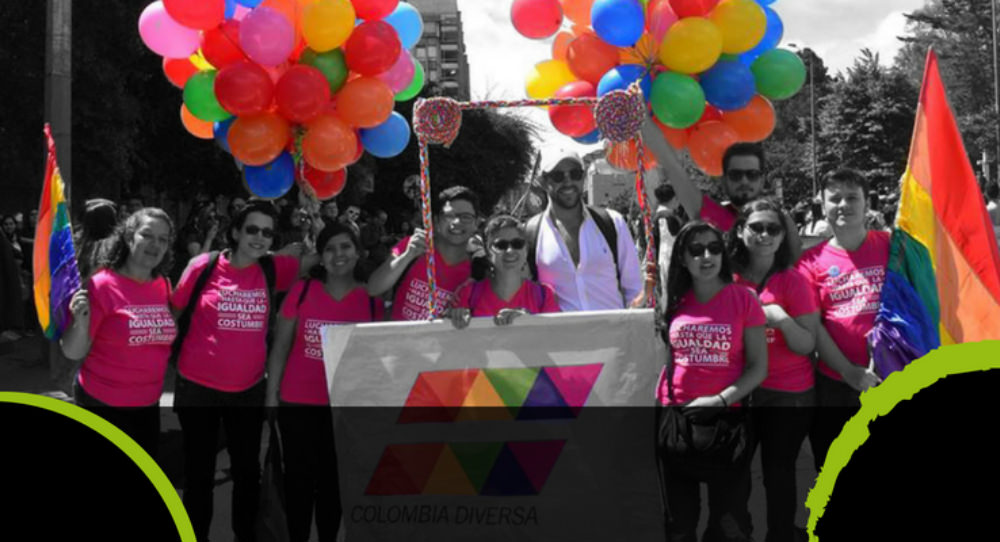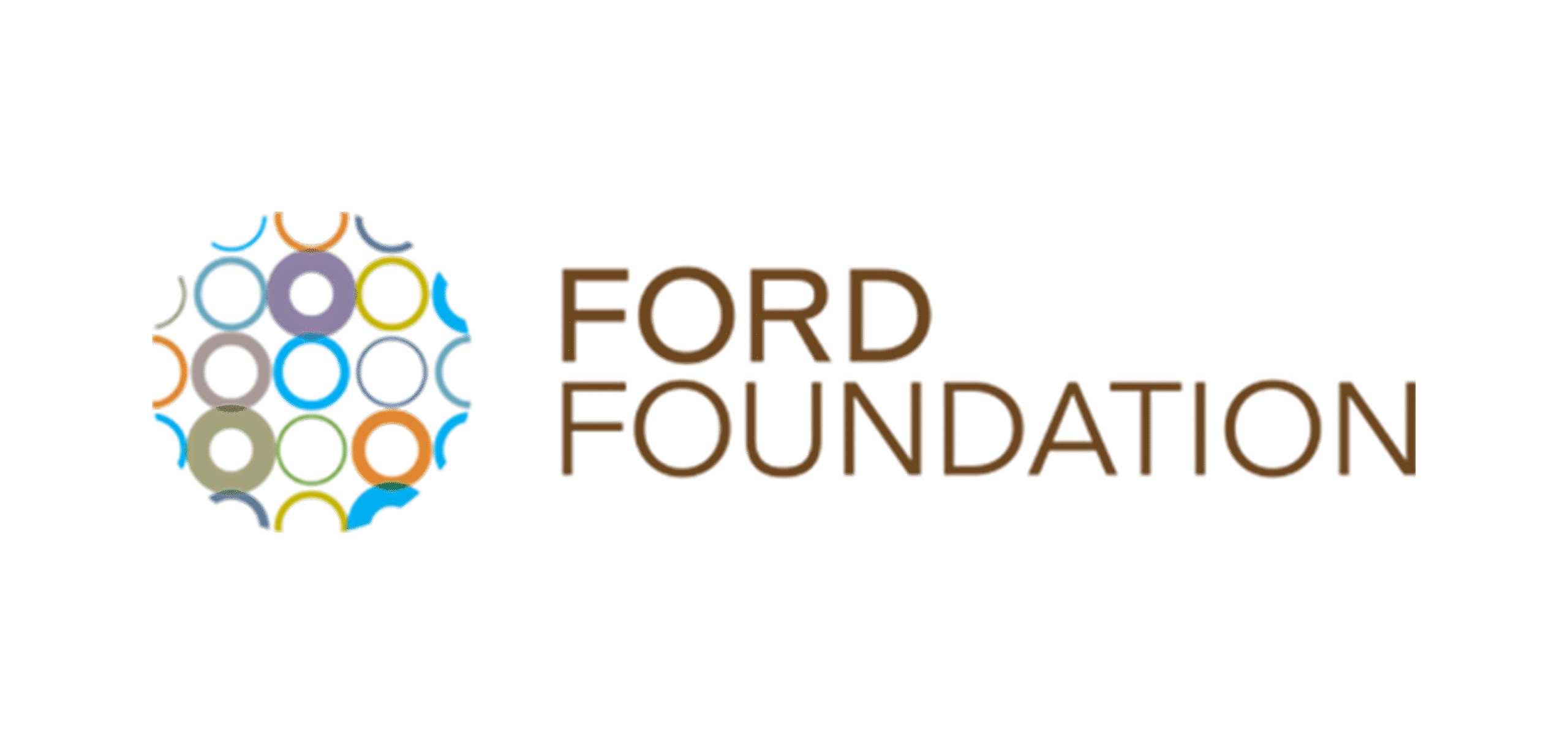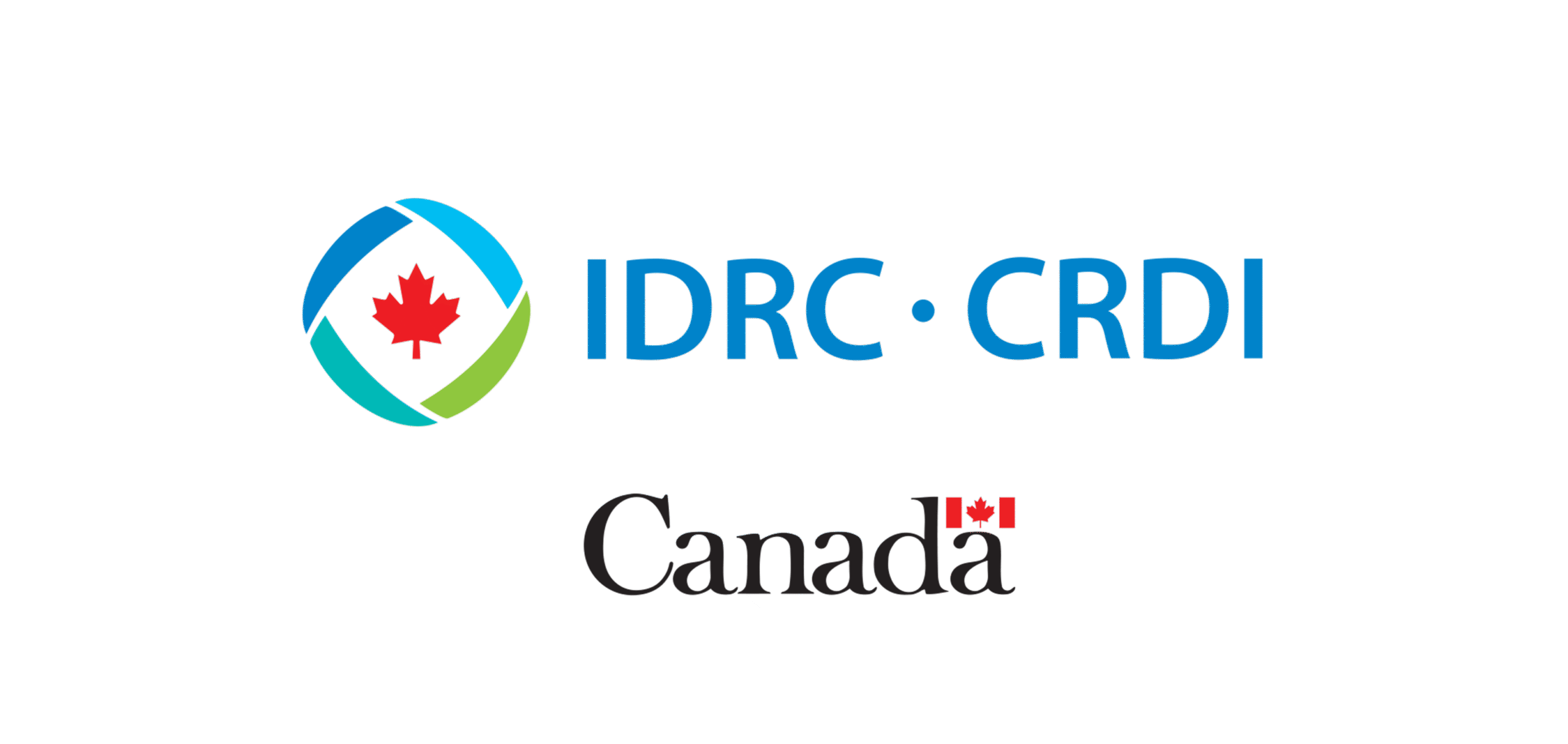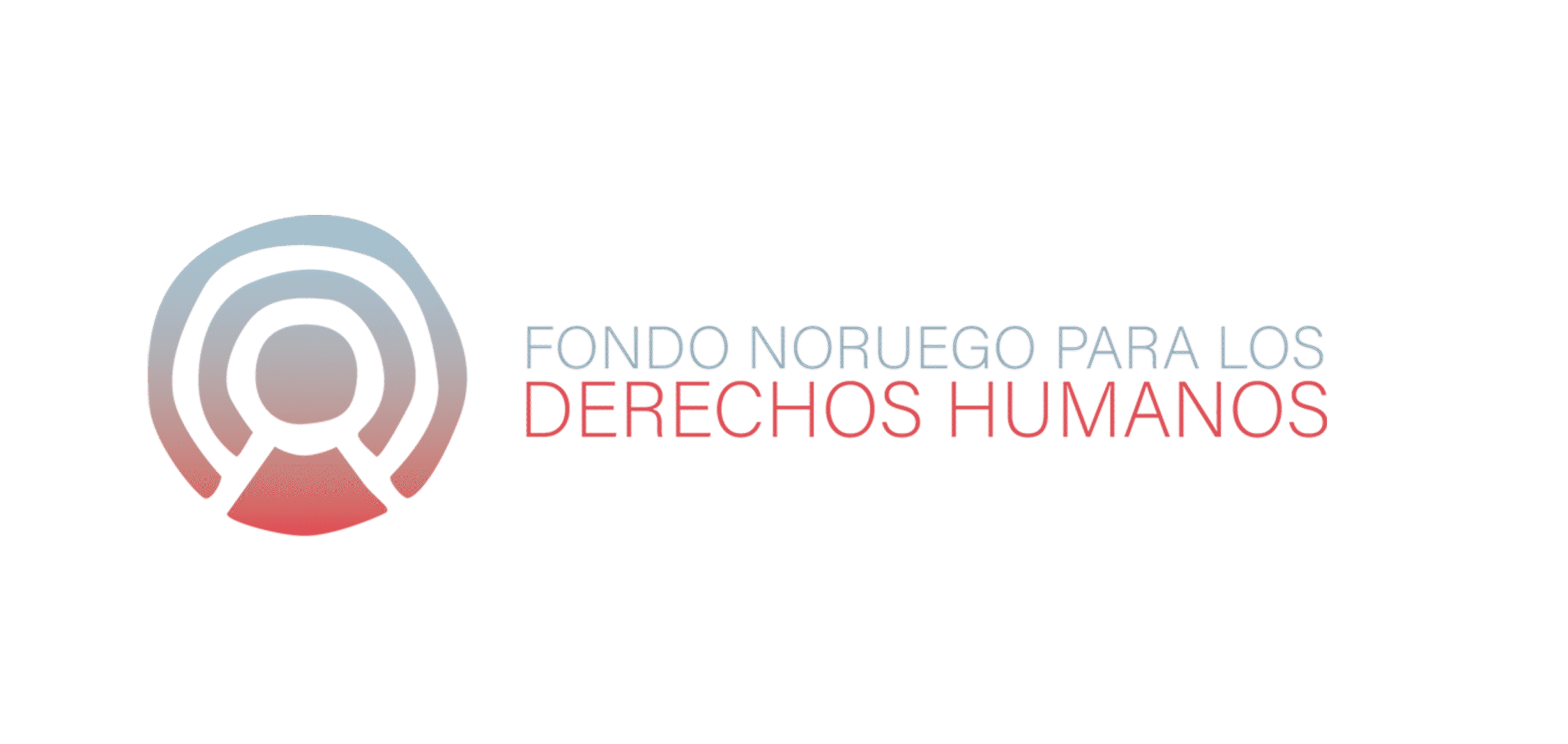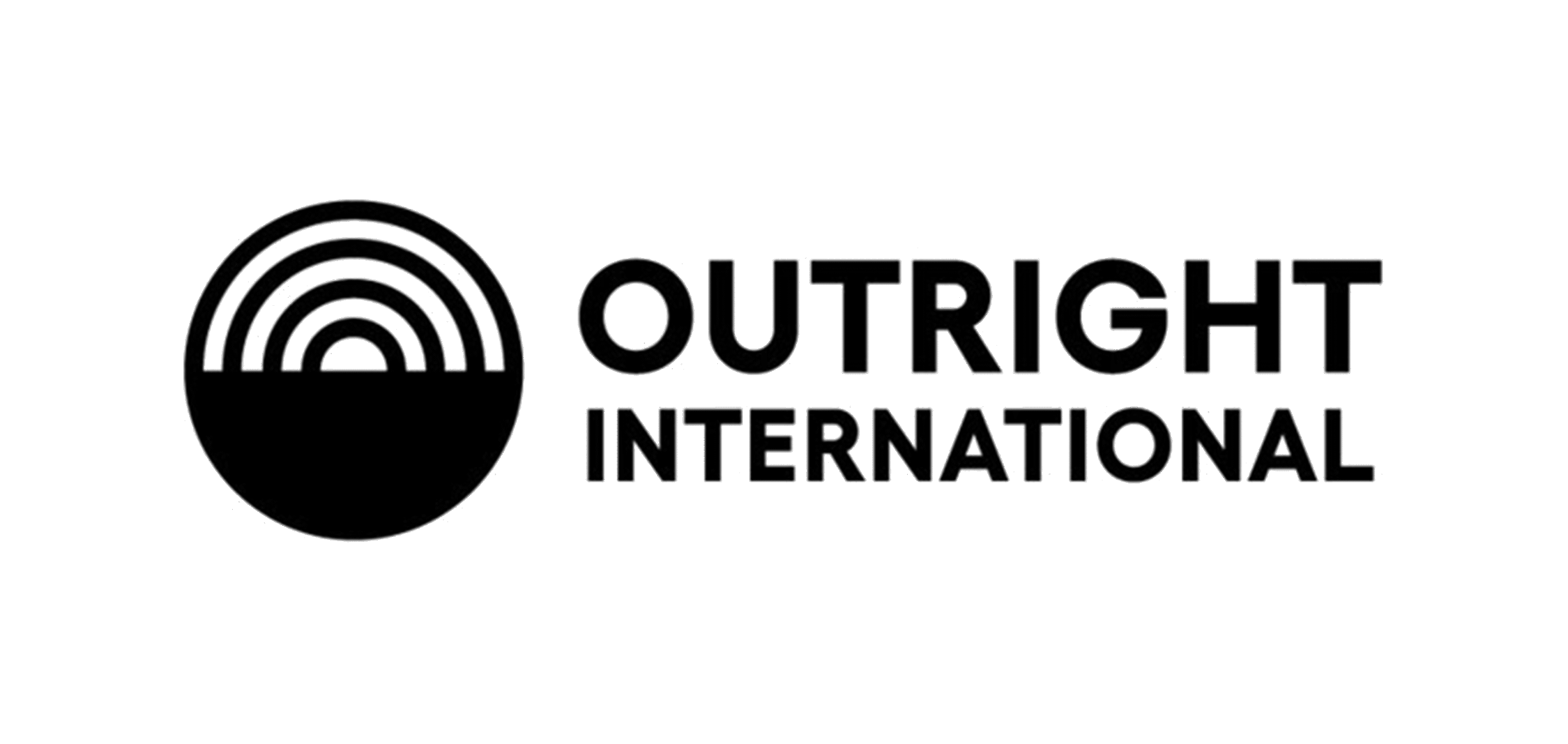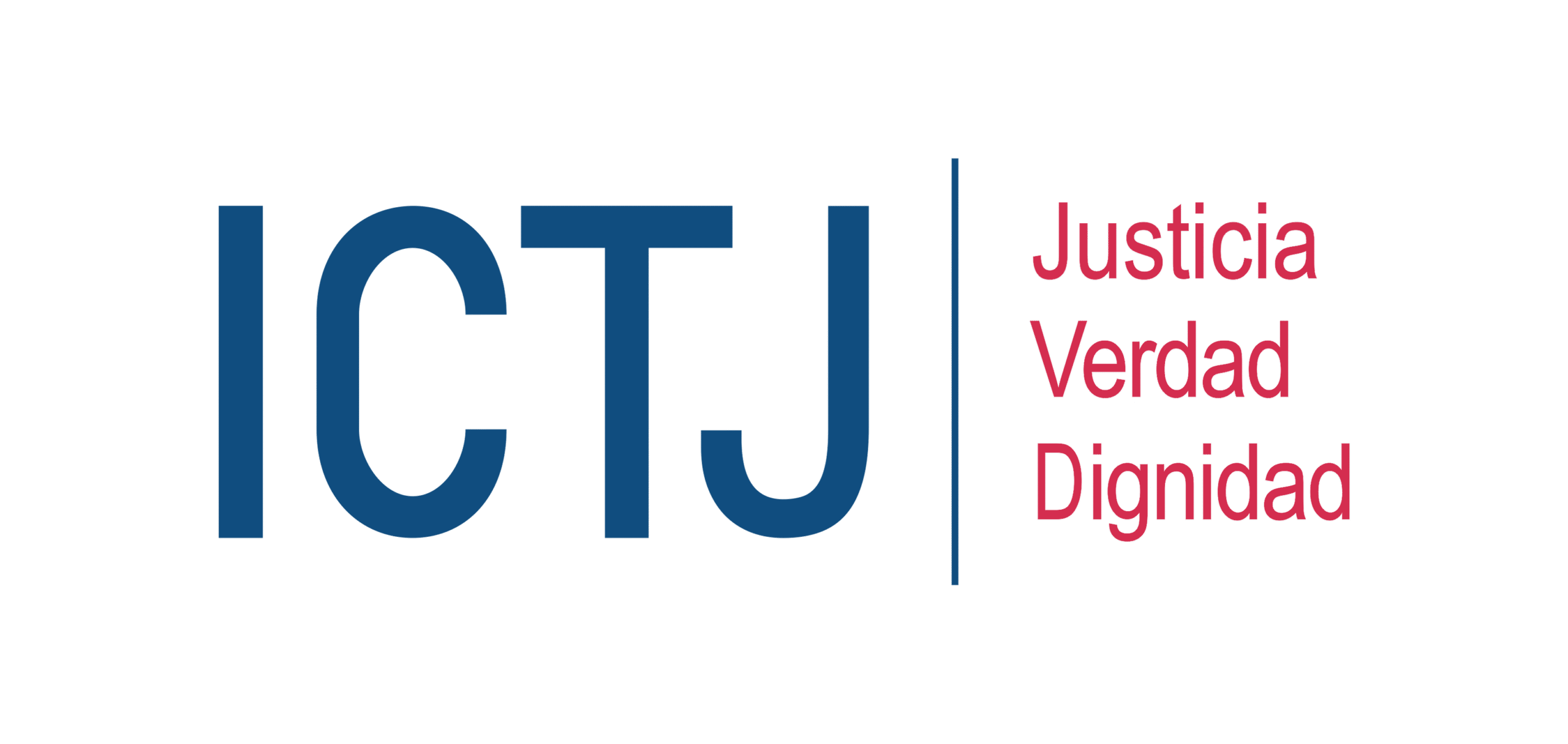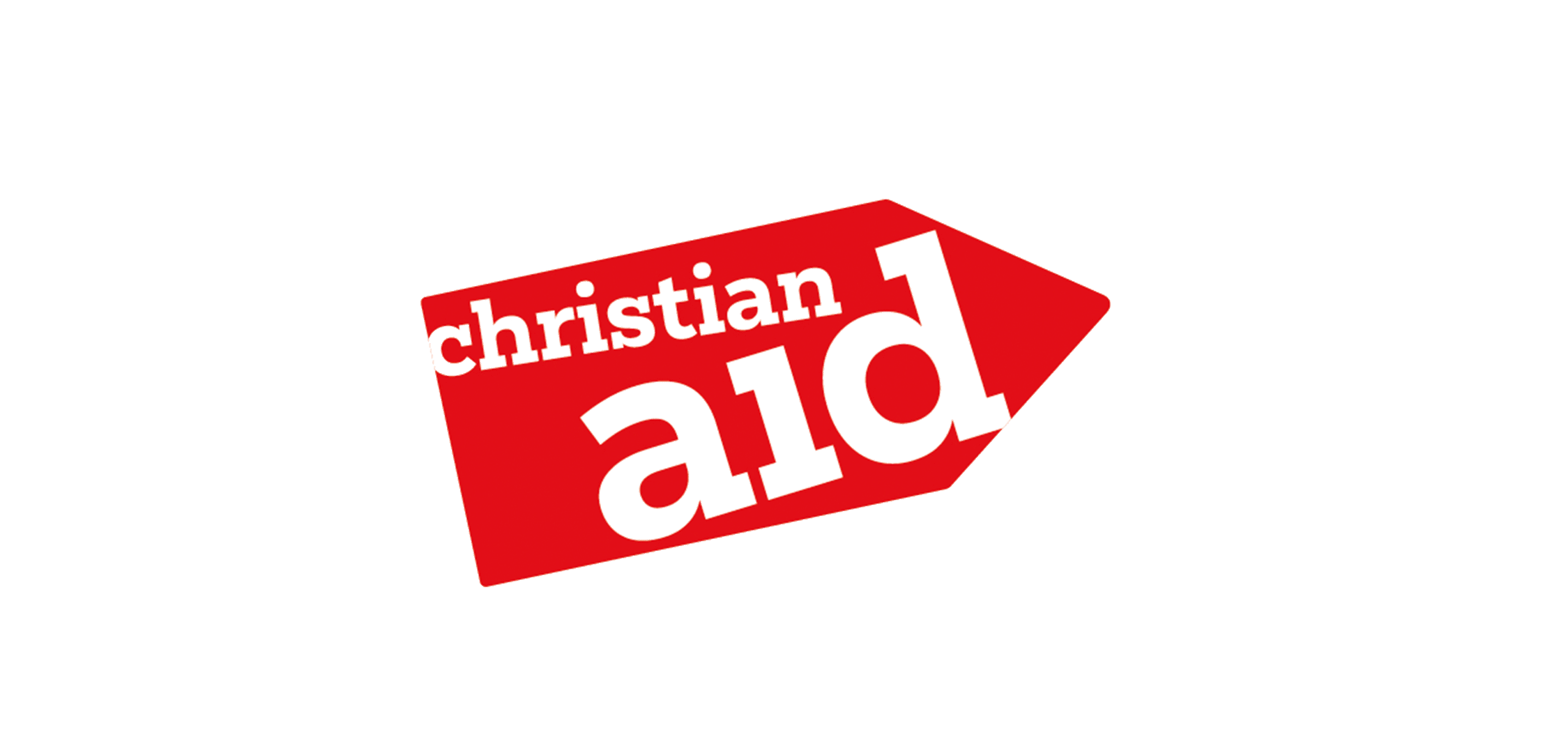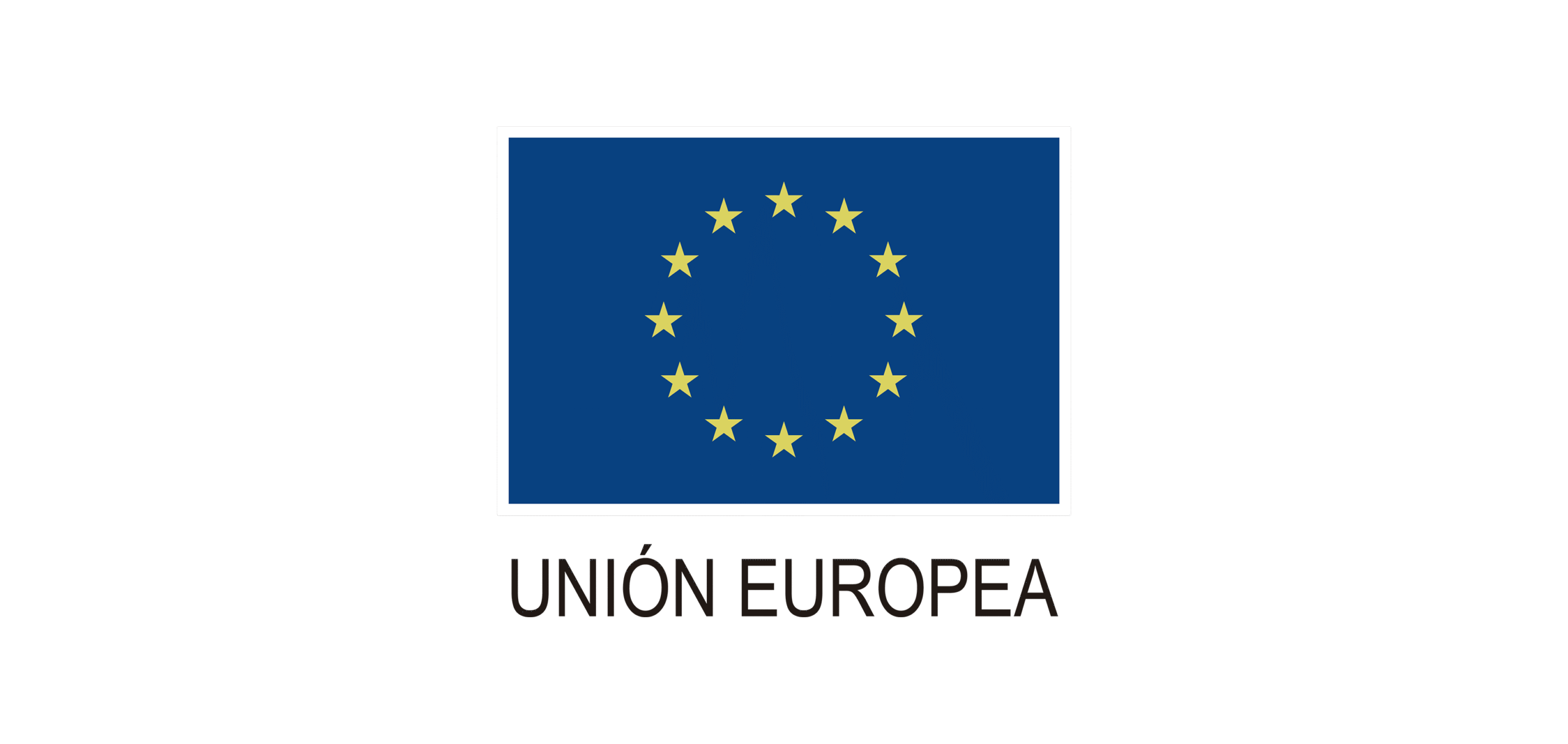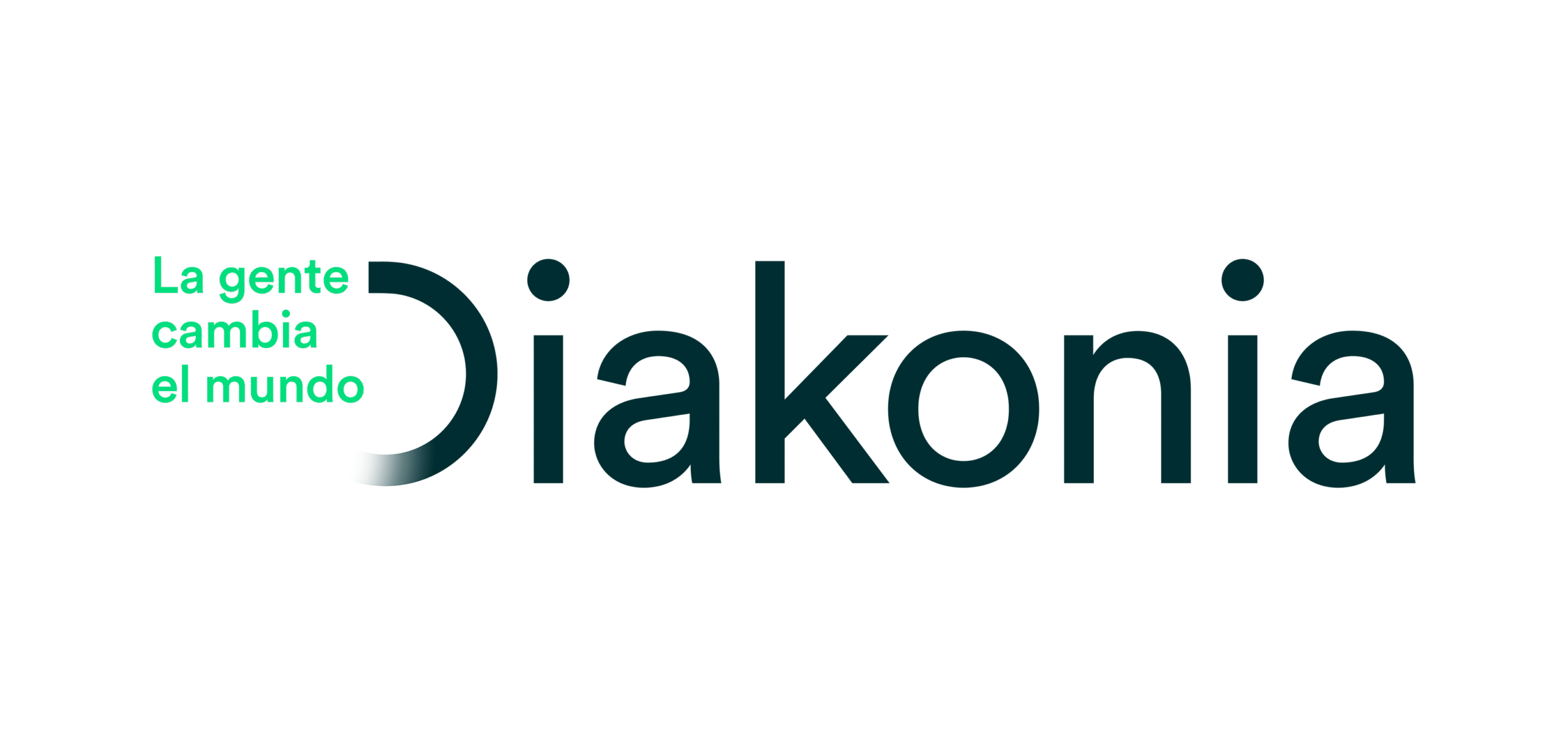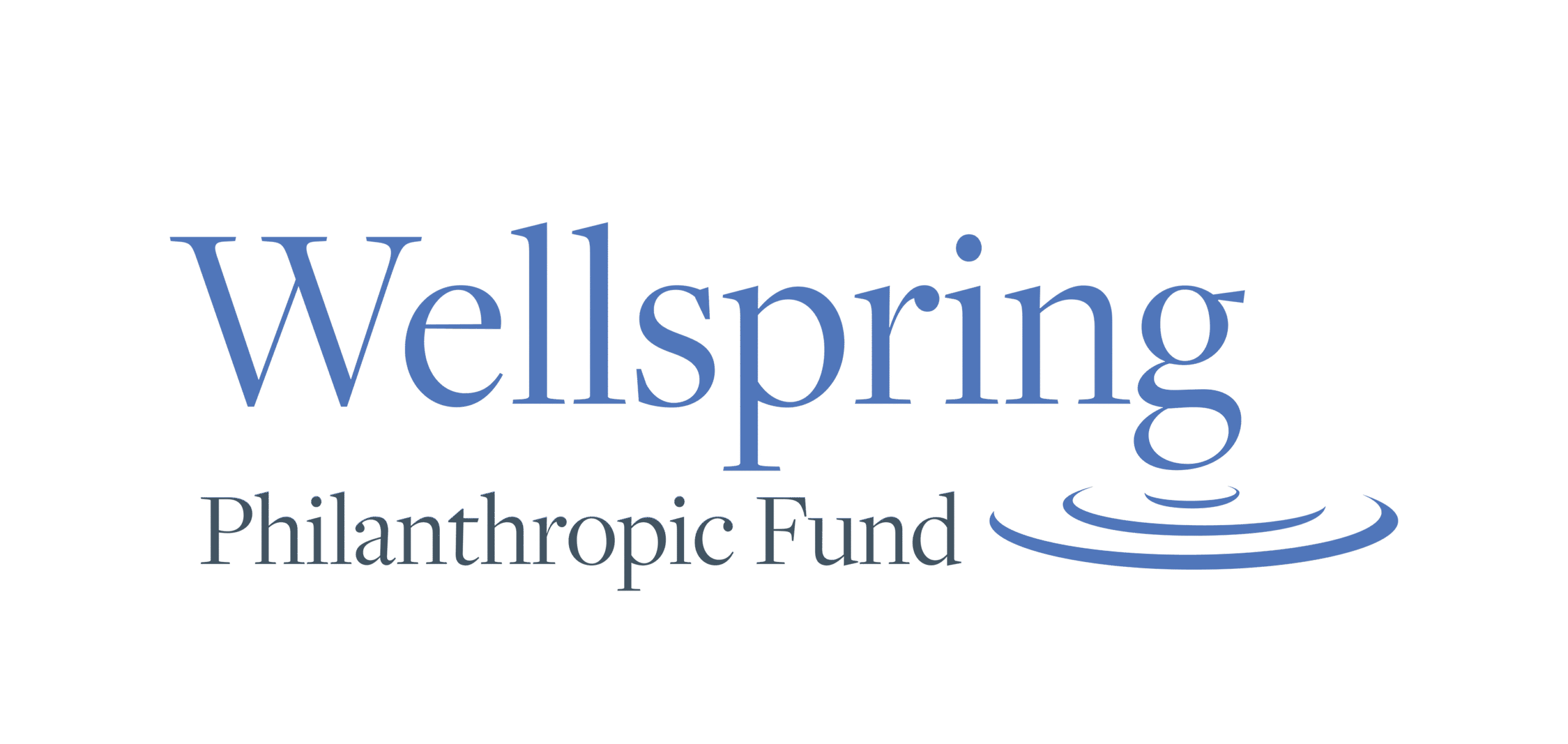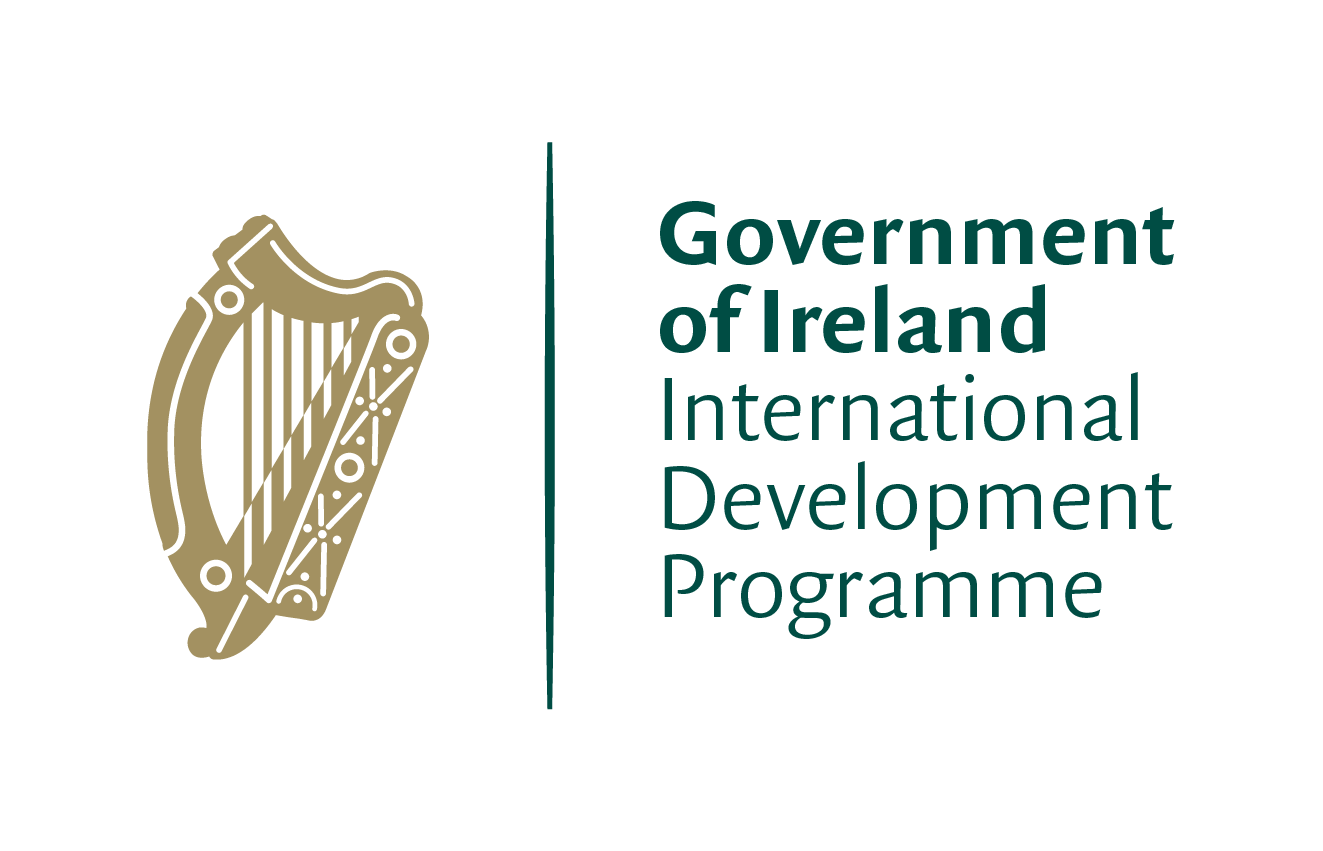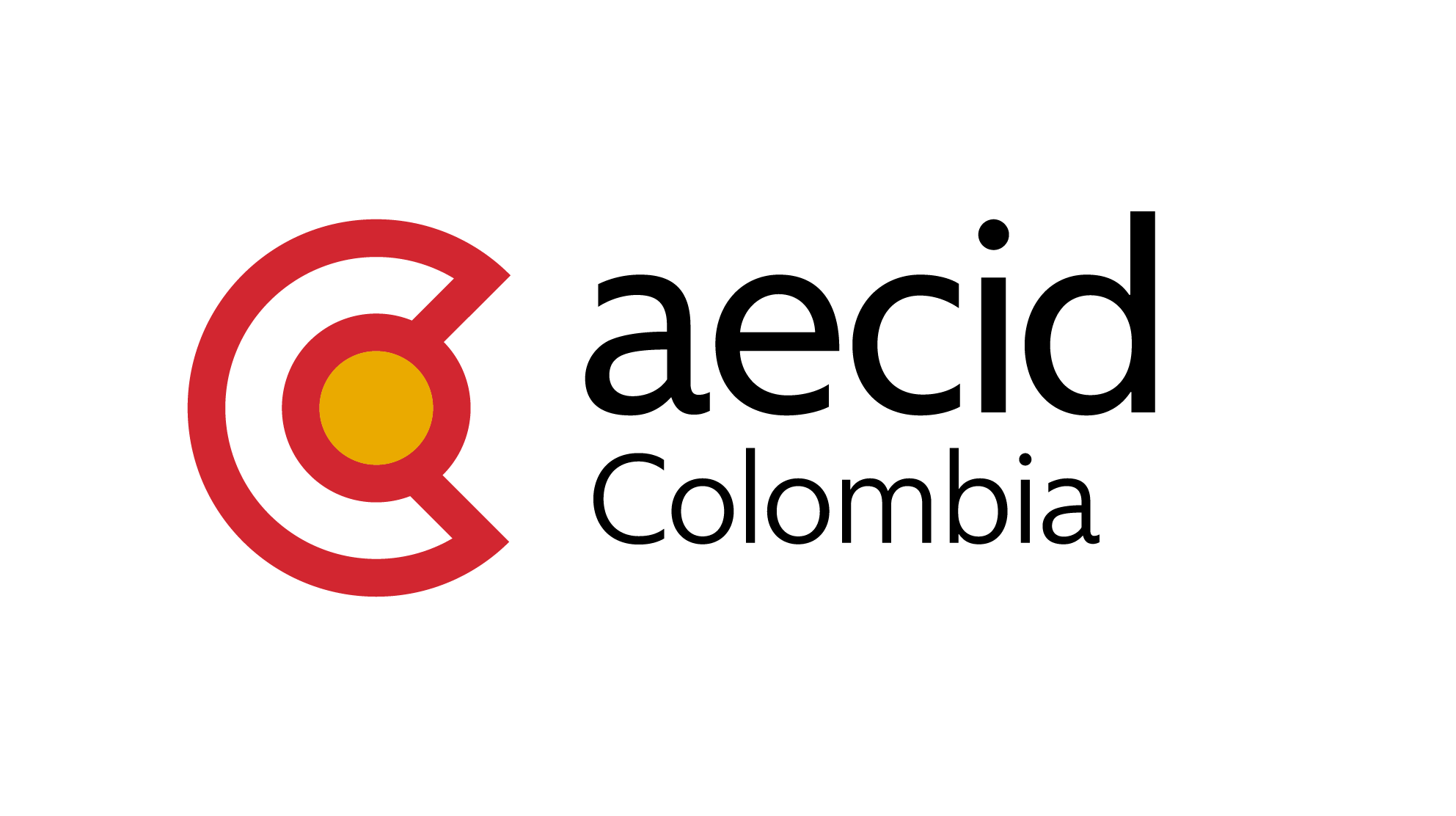June is LGBT Pride month in Colombia and around the world. During these 30 days, millions of lesbian, gay, bisexual and transgender people gather in a march in which they shout with one voice among colours and chants that they are citizens, like everyone else, and that equality is not an option for governments, it is a right that should not depend on the sexual orientation or gender identity of individuals. But why does this commemoration exist?
This tradition began 50 years ago in New York, when homosexuality was a crime punishable by the state. It all happened after a case of police abuse that occurred on 28 June 1969 at the Stonewall club. Transgender people, gays, lesbians, people of African descent and immigrants who were there ended up in riots with the police and citizens.
This persecution caused, for the first time, the LGBT population to mobilise in the streets and decide to stop hiding as they had done until then. From that day on, the non-conformity of a minority managed to raise awareness about their rights and this date became a day to celebrate the pride of being. Thus, every year, New York and Los Angeles dressed in rainbows and over the years this celebration was replicated all over the world.
Colombia and its first LGBT march
In our country, the first Pride march took place in 1982, two years after the repeal of the criminal code norm that considered homosexuality a crime. And although 36 years have passed in which there has been an advance in rights, the changes dictated by the Constitutional Court have not been fully implemented.
Alongside the lack of realisation of our rights, for certain people, there are also the constant murders of LGBT people. Proof of this are the more than 100 lesbian, gay, bisexual and transgender people who are murdered year after year. And unfortunately, in most of these cases, the perpetrators are not brought to justice. Proof of this are the figures shown in the report "Entre el Miedo y la Resistencia" (Between Fear and Resistance), carried out by this organisation, since of the 108 homicides that occurred in 2016, only two people were held responsible. In addition, political and social sectors continue to carry out actions to reverse the constitutional rights that are already a reality for the LGBT population.
For all these reasons, the Pride March will take place again on 1 July in several cities in Colombia, not only for a society without discrimination, but also because it is time for all state institutions and society to defend the right to freedom of every citizen and the possibility of forming ourselves as people who contribute positively to the formation of a country that does not discriminate and allows every Colombian, from the difference, to build a future full of rights and social commitment that includes us all.
We will shout with one voice that we are not prepared to back down on the rights we have fought so hard for.

